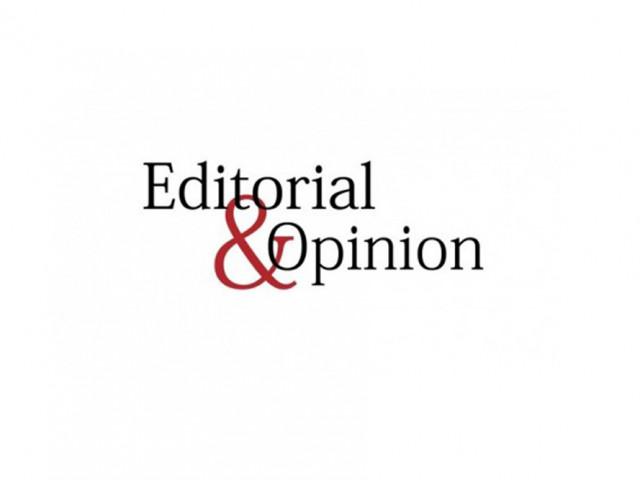Tackling global inequality
Global inequality reaches a new high as billionaires grow richer and poor nations struggle

Growing global inequality has become the defining moral and economic challenge of our age. At a time when technological advancement is rewriting the boundaries of human possibility, the gap between the billionaire class and the world's poorest is widening at a pace that should alarm every responsible policymaker. Oxfam's latest findings — that billionaires in leading economies added an astonishing $2.2 trillion to their wealth in a single year, an amount sufficient to lift every poor person on the planet out of poverty - lay bare the structural distortions that underpin today's global economy.
To put this in perspective, Pakistan's entire federal budget for FY26 is around $62 billion. The world's richest individuals accumulated more than 35 times Pakistan's budget - not through innovations benefiting humanity at large, but largely through favourable tax systems and wealth preservation mechanisms that are inaccessible to ordinary citizens. Their combined wealth now stands at $15.6 trillion, a figure that mocks the austerity imposed on developing nations and the perpetual cries of limited fiscal space.
As the G20 convenes in South Africa, the host country is urging member states to endorse an international panel on inequality, modelled after the UN's IPCC on climate change. Just as the climate emergency requires coordinated global action, so does the deepening wealth divide. Inequality should be considered as a structural risk to global economic stability and human development.
For countries like Pakistan, where economic vulnerability is compounded by climate shocks and debt obligations, global inequality is a lived reality. The fiscal pressures that push nations into austerity do not emerge in isolation but are part of a global system that enables wealth extraction at the top. Without a coordinated push for equity, developing nations will continue to be locked in cycles of crisis and underdevelopment.














COMMENTS
Comments are moderated and generally will be posted if they are on-topic and not abusive.
For more information, please see our Comments FAQ